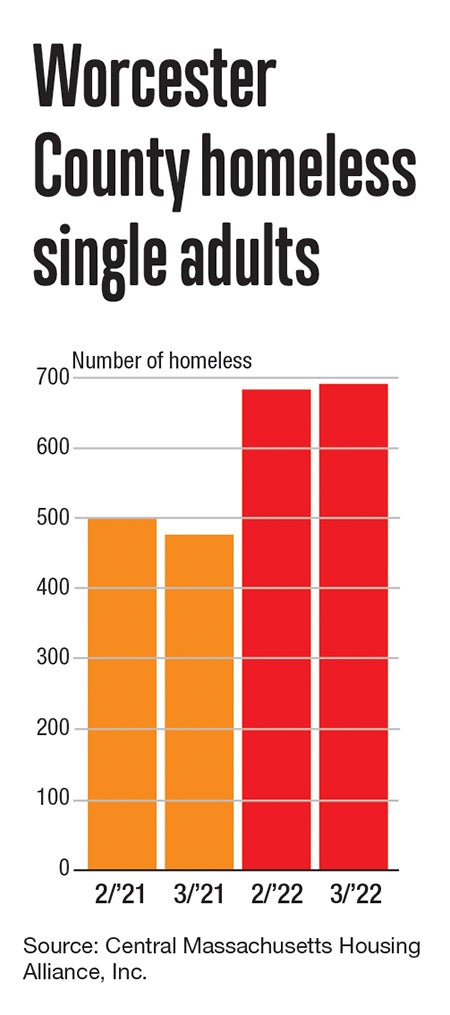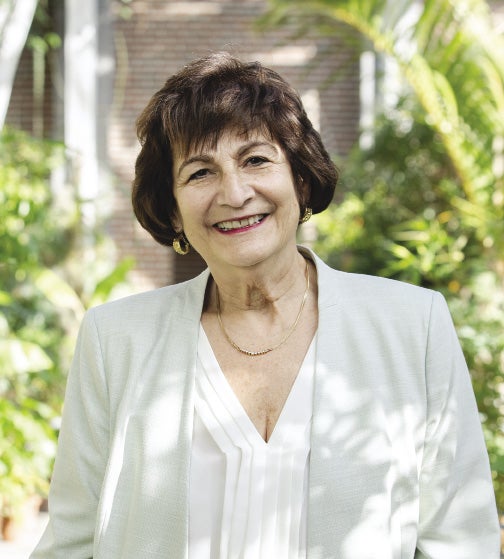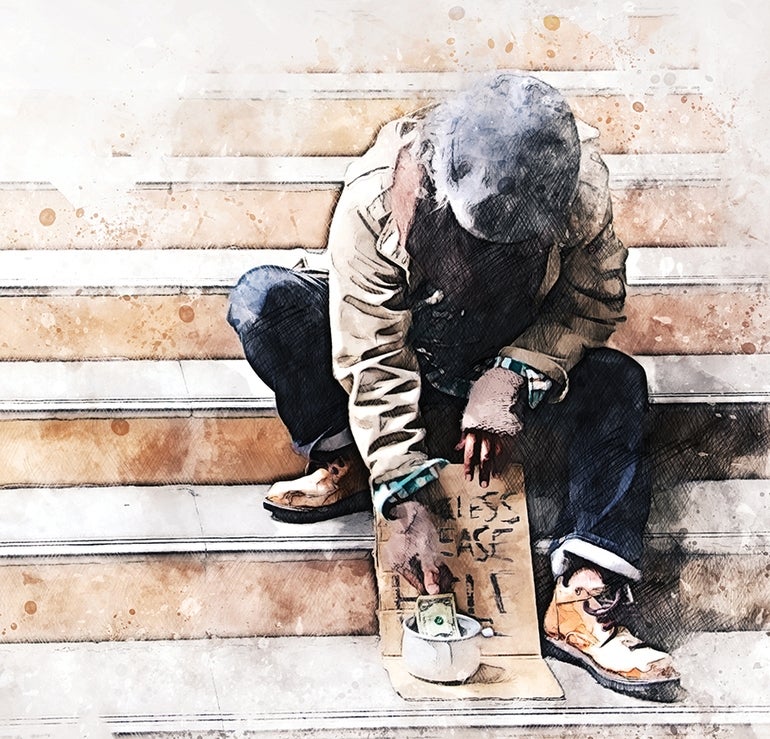While demand for affordable housing outstrips available units and rents continue to rise, homelessness rates in Central Massachusetts are skyrocketing.
According to data from Central Massachusetts Housing Alliance, Inc., there was a 60% year over increase in homelessness in Worcester County from March 2021 to March 2022.
The result is a public health crisis taking a toll on the mental and physical well-being of those affected – many of whom have not previously experienced being unhoused, according to CMHA – as well as a strained public services sector and extra pressure on already swamped healthcare providers.
Lindsey Richmond, deputy director of housing counseling at the Worcester-based nonprofit RCAP Solutions, Inc., said her team is working with clients in search of housing for anywhere between 10 and 12 months, while these searches used to last only one or two. At the same time, its division has a 300-client waitlist that has doubled since the start of 2022, leaving hundreds of people without homes in limbo. With no other options, many turn to shelters, couch surfing, or the streets.
“We have so many clients that are on disability, on social security for various reasons across the board, but there’s no place for us to put them,” Richmond said.
As a result, she and her team are seeing their clients continue to suffer, sometimes spiraling under the stress of being both unhoused and not knowing when a suitable living option will become available. She described one client who grew paranoid over time, experiencing mania and self-harm while waiting to find a place to live.
“It really does take a toll on the clients,” Richmond said. “They get hopeless, even clients that didn’t already have these mental health issues.”

The impact of homelessness
The individual health implications for those without a permanent home spin out like a web. The stress of being unhoused, coupled with the complications and dangers of not having a permanent home, make folks vulnerable to illness both mental and physical. That includes substance-use disorders, which can worsen under the pressure.
Dr. Matilde Castiel, health and human services commissioner for the City of Worcester, said part of her current work includes getting the community to understand that homelessness – including the increasing numbers of unhoused individuals – is a health issue.

“It really is costly for hospitals, [and] it certainly is degrading for people who are in these situations because everyone should be able to have good health care,” Castiel said.
How can a person take care of medical issues without a home, she asked, rhetorically, let alone have a primary care provider. Without the consistency a home provides, emergency care becomes the default way to seek medical attention. This can result in redundancy of treatment and puts a strain on already busy hospitals, she said.

For those who are unsheltered, living outside brings a multitude of health risk factors. Exposure to the elements – including during intense heat waves like those that struck Central Mass. in July – can cause both illness and injury. And then there is the general wear and tear of living outside. Foot care, for example, is a prominent challenge for those who are unhoused, said Leah Bradley, CEO of Central Massachusetts Housing Alliance, Inc.
At the same time, respiratory conditions can become agitated or worsened, and those who are on medications may not have safe places to store them, let alone if they need to be refrigerated, she said.
Housing solution
When it comes to combating the rise in homelessness, the word on every stakeholder’s lips is singular: housing. Namely, the city and the county – and the state, and the country – desperately need more of it, and especially affordable units.
Castiel hosted a Summit on Housing and Community Well-Being on Aug. 3 in large part to discuss just that.

Worcester Mayor Joseph Petty, among the speakers, cited a 2022 report from nonprofit advocacy group Up For Growth, which indicated Massachusetts has a housing deficit of 108,000 units. In the Worcester metropolitan area, Petty said, that deficit was about 7,000.
“The solution to our public health crisis is housing,” Eniya Lufumpa, the city’s department of health and human services’s director of homeless services, said at the summit.
While leaders appear to agree that more affordable housing units would go a long way to reducing homelessness numbers in Worcester and Worcester County, the barriers are significant. Increasing housing stock is a costly endeavor, and while there are four affordable housing projects in the works in Worcester, accessing state and federal funding for these projects remains an ongoing challenge, said Bradley, of CMHA.
At the same time, developers need to be incentivized – or required – to include affordable housing units in their projects. There’s a push underway for an inclusionary zoning ordinance in Worcester, which would require developers of multifamily projects to earmark a percentage of units built for lower cost rents. Although city officials seem to view the proposal favorably, it is not yet in place, and affordable housing mandates often face community pushback.
Indeed, Castiel said of the two major challenges advocates are facing, one is housing stock and the second is the not-in-my-back-yard mentality.
There is a fear, Castiel said, of unhoused people loitering and using drugs on streets. What people need to understand, she said, is if unhoused people were connected with housing and, subsequently, social and medical services, that would change. While opponents often say building shelters and other centers for the homeless might ruin a neighborhood, it’s the other way around. Not only do the groups behind shelter and affordable properties take care of their spaces, they actively solve the issue of homelessness in communities.
Plus, she said, an inclusionary zoning ordinance would make it so affordable units were not concentrated in any single area of the city, because developments across the board would have to include affordable units. Whether the proposal will go into effect, for now, waits to be seen. In the interim, a perfect storm of inflation, rising rent prices, and low housing supply is causing an immediate problem for hundreds of people in and around Worcester.
“What we have right now is a public health crisis of homelessness,” Castiel said.

